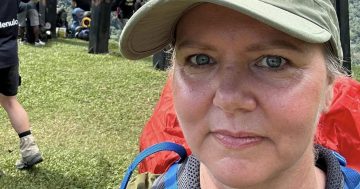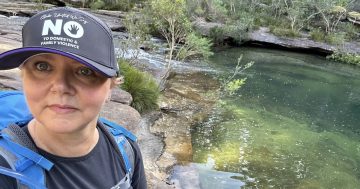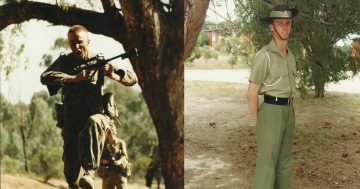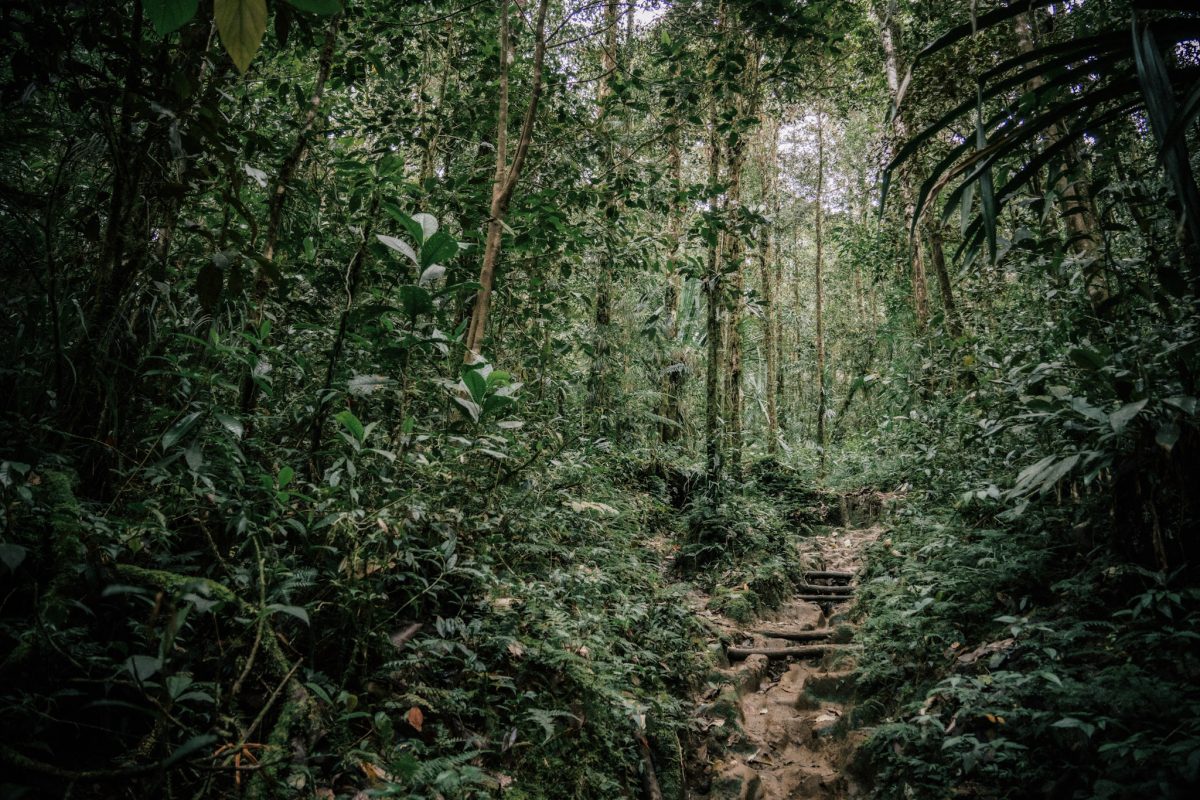
The Kokoda Track’s arduous terrain teaches that enduring challenges requires persistence and patience. Photo: Alan Davis.
I’m a burger restaurant owner, charity founder, husband, and proud Illawarra resident. For over a decade, I suppressed the fact that I’m also a veteran, until I walked the Kokoda Track in Papua New Guinea.
I enlisted in 2009, deployed a short time later to Afghanistan in 2010 and again in 2012, searching for improvised explosive devices, and gave nearly seven years of service — yet I didn’t want to acknowledge it.
I didn’t want to be “that broken veteran”. The Kokoda experience was a catalyst for reflection, reminding me of crucial lessons that resonate deeply with the legacy of World War II and the spirit of those who fought on the Kokoda Track.
Here are those lessons I was reminded of, or even taught.
1. Service gives you purpose
Service, whether to a community, country, or cause, provides a profound sense of purpose.
As a society, we often look to our workplaces for this purpose, but it’s essential to understand your values first.
Walking the Kokoda Track, I felt a deep connection to the soldiers who served there, reinforcing the importance of service. They fought for each other, to protect Australia from Japanese invasion, and to safeguard their families.
This lesson is timeless and reminds us of the enduring value of contributing to something greater than ourselves.
2. Resilience is a process, one step at a time
Corporal John Arthur Metson, shot through the ankle and unable to walk, insisted on crawling to avoid burdening his comrades.
He crawled for three weeks, asking only for his hands and knees to be bandaged for protection. Resilience is built gradually, one step at a time.
The Kokoda Track’s arduous terrain taught me that enduring challenges requires persistence and patience. Despite overwhelming odds, Metson continued to push forward, exemplifying the strength of the human spirit.
I can apply these lessons to my own journey, whether it’s mental health, running a small business, or advocating for a better world.
3. Embrace accountability
Accountability is a cornerstone of personal and collective success. On the Kokoda Track, every trekker was accountable for their actions, ensuring the group’s overall progress and safety.
We were reminded of this on Imita Ridge. During the Kokoda campaign, Brigadier Kenneth Eather was sternly warned: “There won’t be any withdrawal from the Imita position. You’ll die there if necessary”.
This underscores the importance of accountability and ownership in leadership. Eather’s situation required him to take full responsibility, embodying the resolve needed to face formidable challenges.
In any endeavor, taking ownership fosters resilience and ensures decisions are made with dedication.
4. Respect others’ stories, regardless of their nature
Every individual’s story is valuable, regardless of its nature.
On the Kokoda Track, I encountered people from diverse backgrounds, each with unique experiences. Respecting these stories enriches our understanding and fosters empathy.
Similarly, respecting the varied experiences of World War II veterans helps preserve their legacy and lessons.
This lesson also highlights the power of storytelling in mental health. Sharing personal stories can break down barriers, reduce stigma and promote healing.
When individuals share their mental health journeys, it creates a sense of connection and understanding, reminding others that they are not alone. By listening and respecting these stories, we learn valuable lessons and gain insights into different perspectives.
In our men’s mental health charity, we encourage open dialogue and storytelling. This practice not only provides support and validation but also educates and empowers others.
The courage to share one’s story can inspire others to seek help and start their own journey towards mental wellness. Embracing and respecting each other’s stories fosters a supportive community, much like the camaraderie experienced on the Kokoda Track.
5. The importance of self-reflection
Self-reflection is crucial for personal growth. On the Kokoda Track, moments of solitude allowed me to ponder my motivations and goals.
This introspection is why I returned for a third time in the past 14 months.
It’s why I joined the City of Wollongong RSL sub-Branch and why we partnered with RSL NSW for a five-year program to sponsor veterans to complete this experience.
My experiences and ability to create change and betterment in my community give me purpose. I have an obligation to my community and myself to achieve these goals.
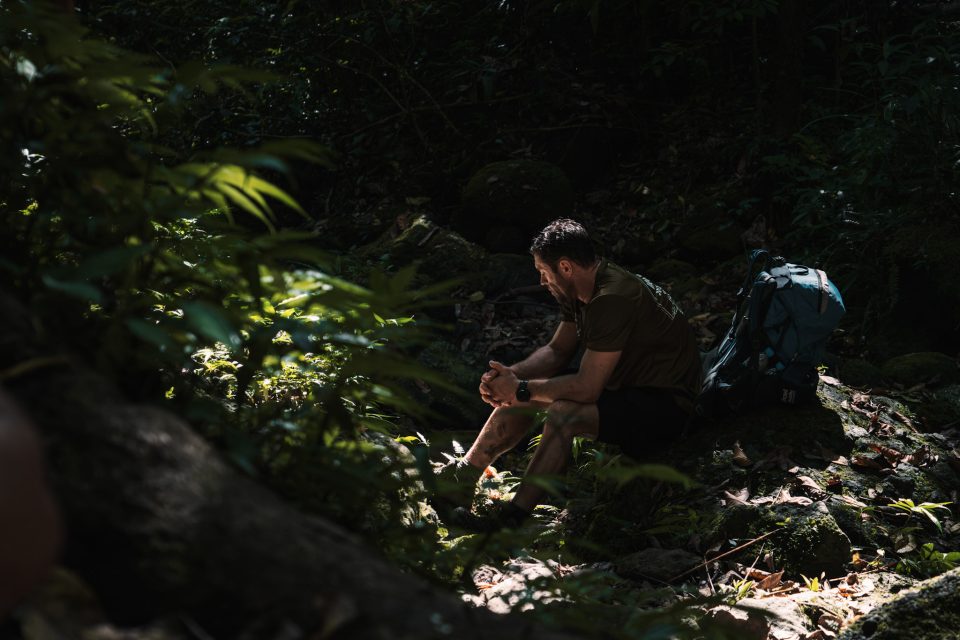
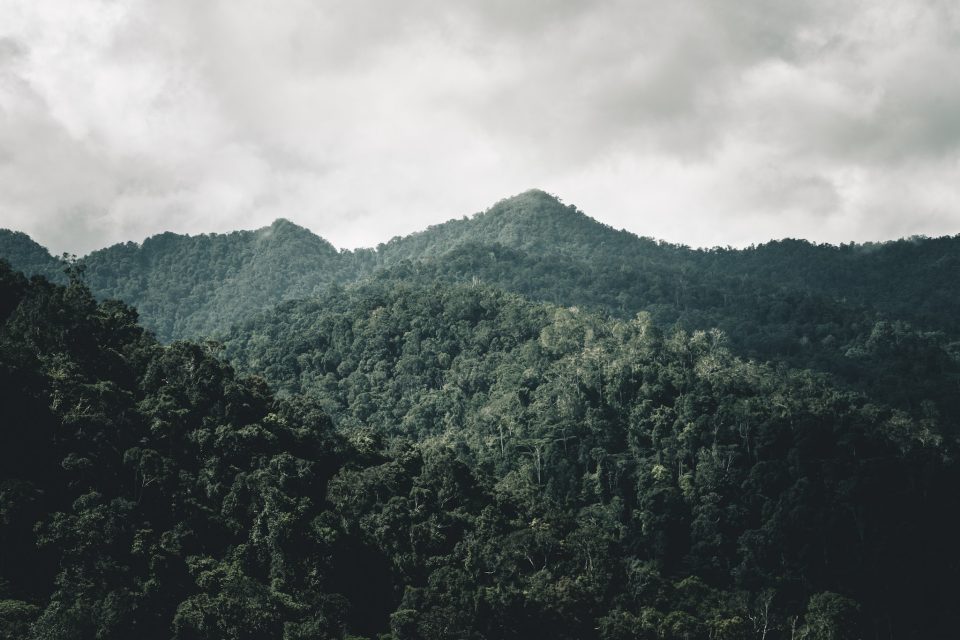
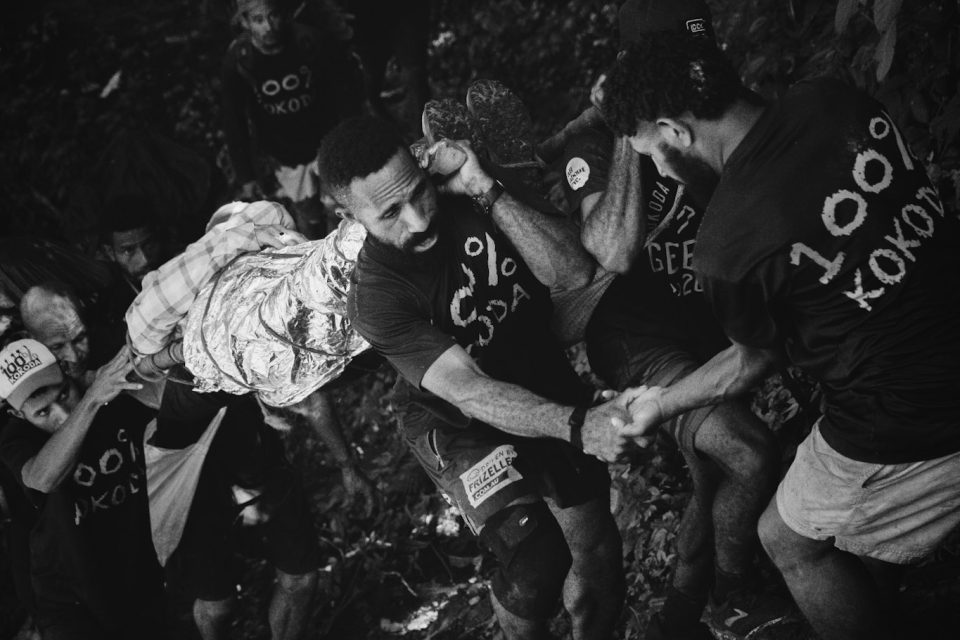




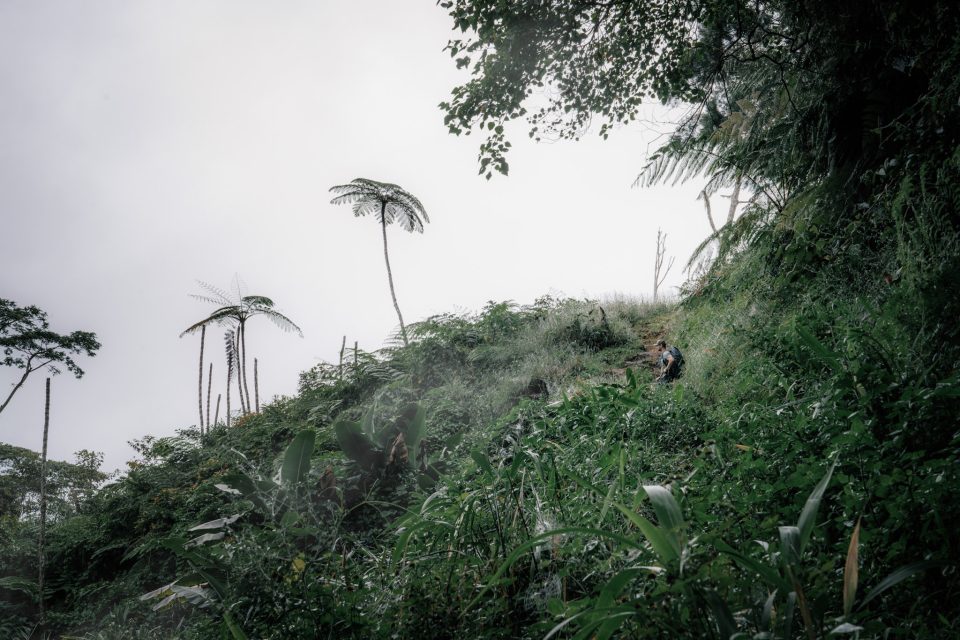

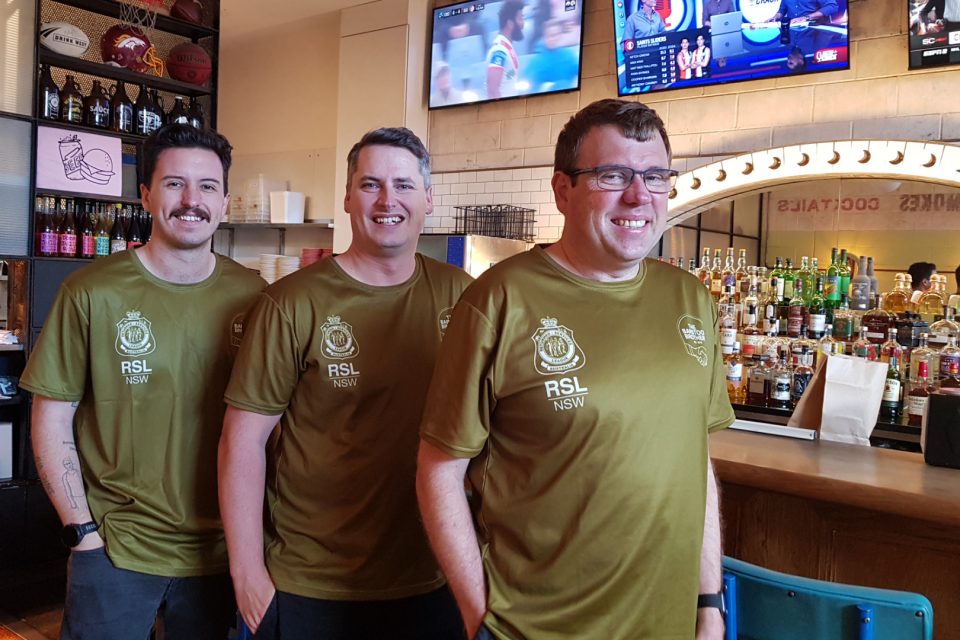
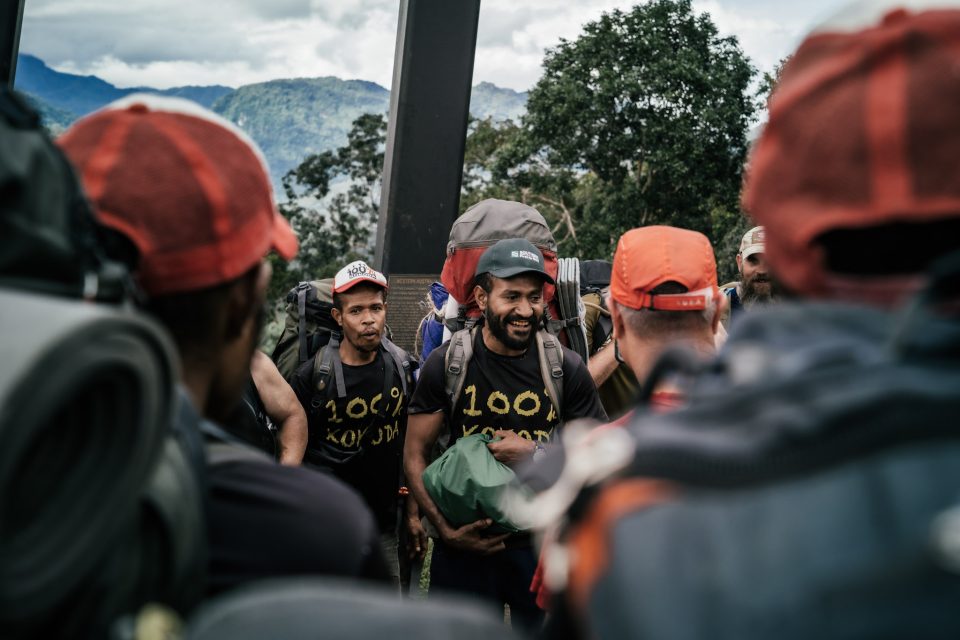
6. Balancing independence, interdependence and dependence
Balancing independence, interdependence and dependence is vital as it ensures individuals can thrive while supporting each other.
This balance is evident in the Koiari people of Papua New Guinea. They rely on interdependence for survival, sharing resources, knowledge and support within their community.
Similarly, during World War II, Australian soldiers depended heavily on the Fuzzy Wuzzy stretcher bearers, who provided crucial support by carrying wounded soldiers through treacherous terrain.
Embracing this balance fosters a community where people achieve more together than they could alone.
7. Build a team around individual strengths
A successful team leverages individual strengths. On the Kokoda Track, we each brought unique skills that contributed to the group’s success.
As a society, we often fall into the trap of picking apart people’s weaknesses and using them as a basis for judgment rather than focusing on their strengths. This tendency can be detrimental to personal growth and collective progress.
Instead of building people up, we sometimes highlight their shortcomings, which can stifle potential and discourage individuals from contributing their unique abilities.
Mark Pearson’s story is a powerful example of overcoming this societal flaw. Mark, who has Asperger’s, walked with us, demonstrating remarkable resilience and determination.
Rather than focusing on the challenges posed by Asperger’s, Mark’s journey emphasised his strengths – his determination, courage and ability to overcome obstacles. His story shows us the importance of looking beyond perceived weaknesses and recognising the valuable contributions each individual can make.
Mark’s journey on the Kokoda Track serves as a reminder that everyone has something valuable to offer.
By shifting our focus from weaknesses to strengths, we can build more inclusive, supportive, and effective teams.
This lesson is crucial not only on challenging treks like Kokoda but also in our everyday lives, where recognising and celebrating strengths can lead to greater achievements and a more compassionate society.
8. The power of communication
Effective communication is vital in any endeavor. On the track, clear and open communication ensured safety and coordination. Similarly, during World War II, communication was key to the success of military operations.
The Walk With Us Kokoda experience underscores the transformative power of communication. Open dialogue helps break down barriers that prevent men from seeking help, reducing stigma around mental health issues.
By promoting open dialogue, we create environments where individuals feel understood and empowered, leading to personal growth and collective resilience.
9. Tall poppy syndrome needs to be a thing of the past
Tall poppy syndrome, the tendency to cut down those who stand out, is detrimental to growth and excellence.
On the Kokoda Track, I witnessed camaraderie that transcended speed and skill.
Veterans and trekkers alike celebrated each other’s achievements, reminding me of the importance of unity and mutual support.
The poppy, a symbol of remembrance and sacrifice, should inspire us to honour and elevate those who excel, rather than diminish them.
10. Embrace history, whether good or bad
History is essential to understand and embrace, regardless of its nature. The Kokoda Track is steeped in the history of World War II, where Australian soldiers displayed immense bravery.
Acknowledging both the triumphs and tragedies of the past helps us appreciate the present and build a better future.
The Kokoda Track is more than a physical journey; it is a path to deeper understanding and personal growth.
These lessons, inspired by both the trek and the history it represents, offer valuable insights for navigating the complexities of life with resilience, respect, and purpose.
For more information about Raising The Bar, or Walk With Us Kokoda, visit the Raising the Bar website.









